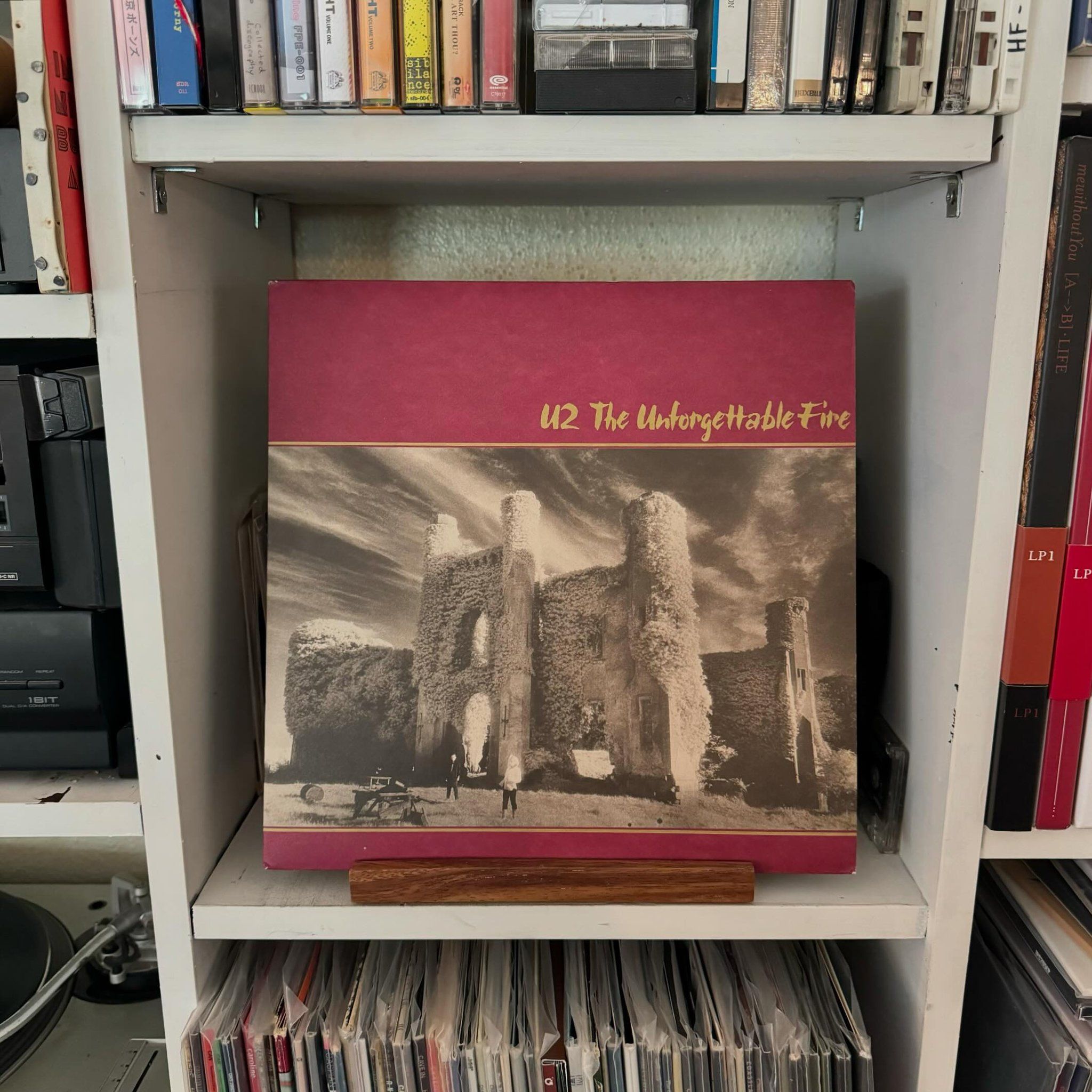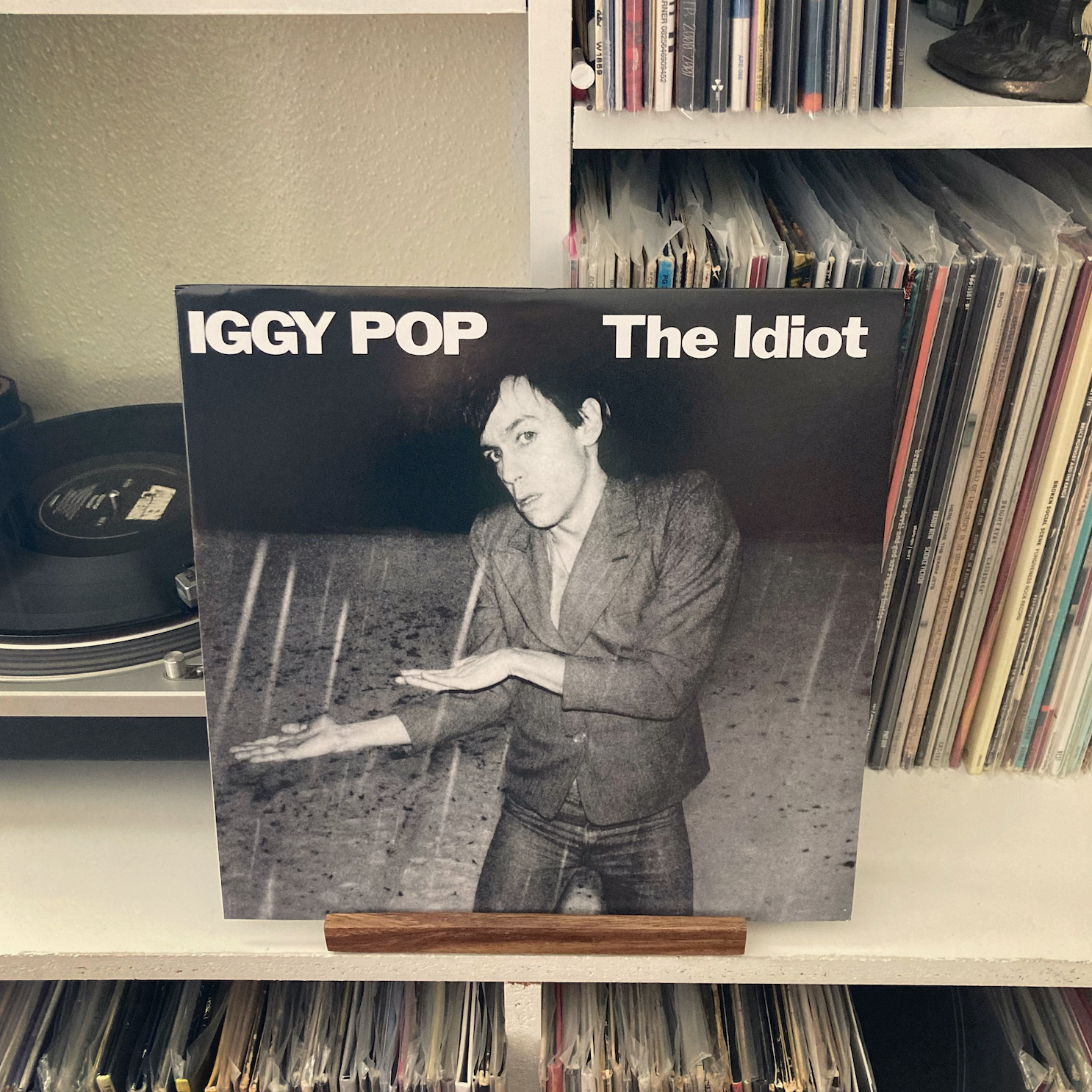
After War its subsequent tour made them into The Next Big Thing, U2 pushed back. Per Bono’s own account, the world was waiting for the next The Who or Led Zeppelin, and it seemed that they were poised to fill ascend to that throne.
But they didn’t want to be “the Next” whoever or other. They wanted to be the first U2. And so they eschewed the throne waiting for them and took a hard left turn instead. They rented a castle and hired Brian Eno and Daniel Lanois to produce (a decision that Bono had to talk both the label and Eno himself into). Eno and Lanois took the sense of atmosphere that had always been a spice on their albums and turned it into a main course.
The resulting album was unlike anything before or since, forecasting shoegaze and post rock in prescient detail. And even in the light of thirty years, The Unforgettable Fire remains the most consequential album they’ve ever made.

 As the ancient Greek philosopher Heraclitus once said, “Change is the only constant in life.” He probably wasn’t talking about the artistic trajectory of musicians, but it’s certainly applicable. Every artist’s career is destined to change—whether by the continued growth of experimentation or the stagnation from repeating once-fresh formulas until they decay. And as artists change, their fans also change, and often in different directions. It seems to me that many fans usually follow an artist for three albums before they each move beyond one another.
As the ancient Greek philosopher Heraclitus once said, “Change is the only constant in life.” He probably wasn’t talking about the artistic trajectory of musicians, but it’s certainly applicable. Every artist’s career is destined to change—whether by the continued growth of experimentation or the stagnation from repeating once-fresh formulas until they decay. And as artists change, their fans also change, and often in different directions. It seems to me that many fans usually follow an artist for three albums before they each move beyond one another.


 For much of my life as a fan of punk, hardcore, and emo music, I have come to trust Dischord Records almost implicitly. The Ian MacKaye-founded DC label has released many of my favorite bands of the 80s and 90s, including Rites of Spring,
For much of my life as a fan of punk, hardcore, and emo music, I have come to trust Dischord Records almost implicitly. The Ian MacKaye-founded DC label has released many of my favorite bands of the 80s and 90s, including Rites of Spring,  One of the more interesting things about music to me is how we attempt to categorize and classify according to imperfect terminologies—and more specifically, how that terminology changes over time.
One of the more interesting things about music to me is how we attempt to categorize and classify according to imperfect terminologies—and more specifically, how that terminology changes over time.
 There are three words that are almost guaranteed to make me pay attention to a band: “
There are three words that are almost guaranteed to make me pay attention to a band: “